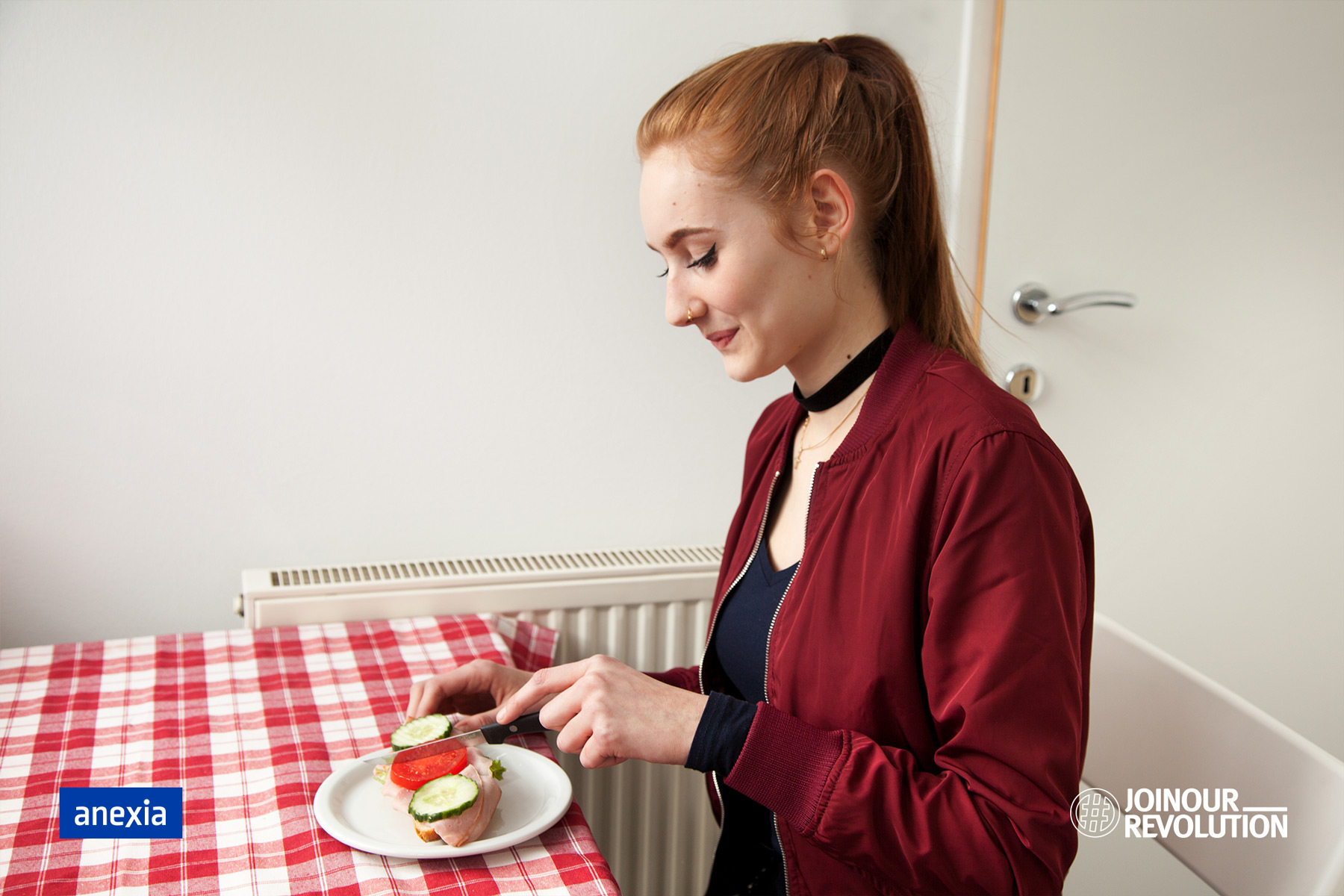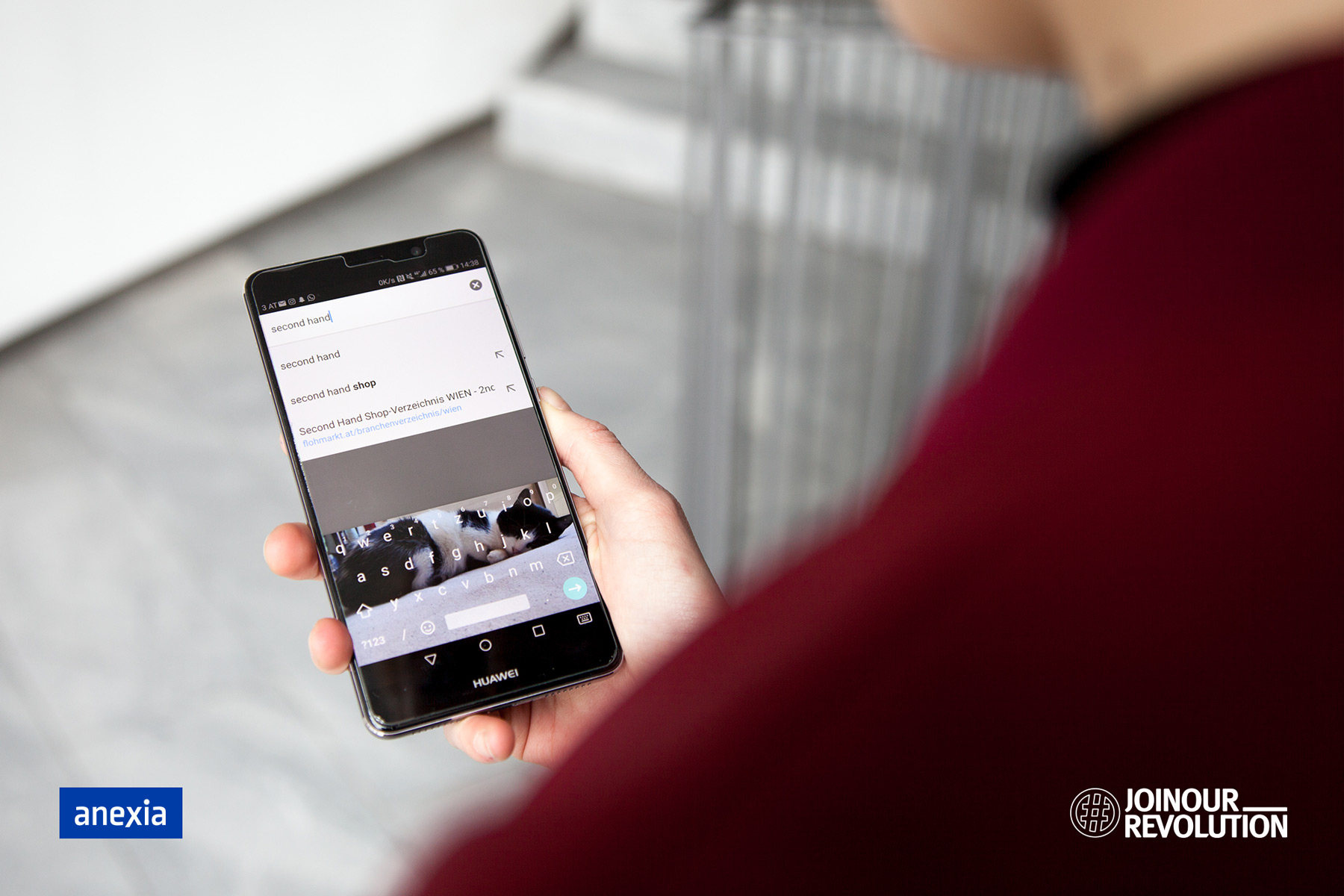How to save money as an apprentice
“Stop wasting your money on trash!” Yes, that’s what my parents say; they think I only spend my money on clothes and Netflix. That might sometimes be true, but most of my money goes toward food. And the gym, where I’m a member, although I never go, because I’m always too tired and unmotivated at the end of the day. But at least I can say I’ve got a membership card, and I always have it on me. Just in case.
But, as ever, there’s also some truth in what my parents say. I dream about having a house, a fast car, and a wardrobe full of clothes. None of which come cheap, and so I need to save up for them. Especially as an apprentice, it’ll take a long time to fulfill that dream of a fast car. Money just seems to slip through my fingers: Every day I buy a coffee at the train station, something to eat during my lunch break, and then a yoghurt on the way home. Over time, that mounts up to a hell of a lot of money, but I’ve gotten creative when it comes to saving money. And so here are my money-saving tips & tricks for apprentices:
1. Heat up food or prepare it yourself
How to save money on food? Those who enjoy their food will probably be cheering loudly here. We spend 5 years of our entire life eating. And so you need to ask yourself how you can save money on food, while eating healthily (cue ultra-expensive superfood…) and still ending up full. Not many people can be bothered to prepare a snack for the following day when they get home from work in the evening; and in the morning, you probably prefer to spend as many precious seconds as possible sleeping. So, that leaves only one solution, and the best solution, I think: Buy bread, cheese, tomatoes, or whatever you like, and leave it at work, if there’s a kitchen. Then you can make yourself a sandwich whenever you want, instead of having to get up earlier in the morning to do it. If you enjoy cooking on the weekend, you can also cook your meals in advance, freeze them, and heat them up at work. It’s a quick and easy way to have a hot meal at lunchtime.
Something else you can save money on are drinks. We all like sugary drinks, but we get tired as it is in the afternoon and the sugar in them can make you feel even more sluggish. So I recommend drinking water. Not drinking enough water causes us to feel tired. Water’s not just better for you, it’s also free. But if you prefer something with a bit of flavor, you could always have some homemade cordial instead (which you can also store in the refrigerator in your office).
2. Keep fit without going to the gym
I’d be interested to know just how many people make a New Year’s resolution to be more active and consequently join a gym. But all those good intentions soon go out of the window, at the latest when the warmer weather arrives or when you arrive after work and it’s full. This leaves you with an expensive membership that’s not so easy to cancel. So, how can you integrate sport in your daily life without spending a lot of money?
When I was a kid, I always had to take the stairs with my mom, instead of the elevator, because she’d heard that walking up stairs is good for you. But why is it so good for you? An article in Die Welt claims that climbing 400 steps a day equates to a 15-minute jogging session, for example, but burns twice as many calories. That’s approx. 16-20 floors, which is the equivalent of going up and down the stairs in our office building in Klagenfurt twice. But it’s ok to just take any stairs and steps you come across during the course of your day – you don’t really need to keep going up and down the stairs in your company; your colleagues might start to give you some funny looks if you do!
Another tip: If you don’t live very far from work, you can also walk there or go by bike, which will also give you some fresh air and exercise. If you commute by train, you can also keep your bike at the station in the summer. If you would like to be more active at the end of the day, you can always do some exercises at home. (BodyKiss, for example, has some great exercises.)
3. Use public transport
Once you’ve bought that fast car, you’ll first find out just how expensive the insurance is and then how quickly you run out of gas. Many people – particularly those living in the countryside – are pleased not to have to take the bus or train anymore, but the costs all add up, and especially apprentices can save a lot of money by taking public transport. I take the train every day. If I drove to work, it’d cost me €30 a day in gas, and so I pay out a small amount a year for an apprentice ticket. Of course, traveling by train isn’t always much fun: There are delays, weird people sitting next to you, etc. But that’s part and parcel of a train journey.
Another option for getting to work is ride sharing. You often see these schemes in big companies, but if it’s not something available in your company, you can also use Apps like BlaBlaCar or TwoGo. TwoGo offers regular ride sharing arrangements, making it a good App for commuters.
4. Inexpensive work clothes
Almost everyone wears special clothes for work, whether shoes with steel caps or simply “neat and tidy business attire” (and yes, I can hear my parents here too). Not everyone has to pay for their work clothes. If you have to pay for yours, though, you can always check out second-hand stores, or you’re sure to already know about Kleiderkreisel and Shpock. Or how about asking your colleagues if they’ve got any old overalls they want to sell?
Saving doesn’t mean lowering your standard of living; it simply means knowing how to manage your money. It’s therefore important to compare prices and ask yourself if you really need whatever it is you’re thinking of buying. We buy such a lot of things and don’t stop to think how much money we’re really spending. Even though the best bit about buying yourself something is actually the anticipation of buying it.



